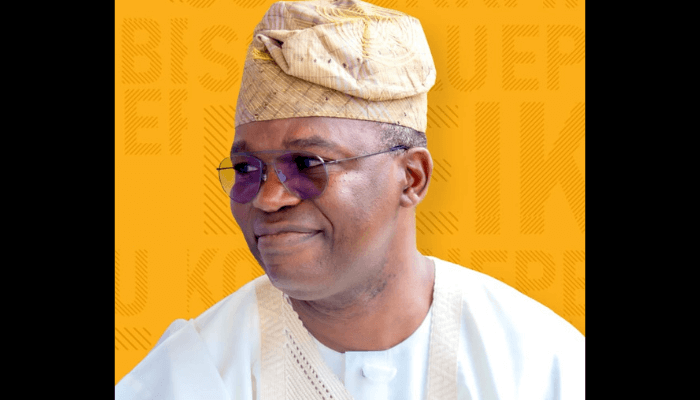On 24 July 2025, a controversy erupted at Nnamdi Azikiwe International Airport (Abuja) when immigration officials temporarily withheld the international passport of Senator Natasha Akpoti‑Uduaghan, who represents the Kogi Central senatorial district. The passport was later returned and the senator allowed to board her flight to London, but the incident has stirred questions about procedure, rights, and political undercurrents.

What happened
Senator Akpoti‑Uduaghan arrived at the airport with her husband, intending to travel on a British Airways flight to London to attend her stepson’s graduation. At the departure terminal, her passport was flagged by the Nigeria Immigration Service (NIS), and she was told her name was on a “watch list” or a “system‑flag” indicating a security risk. While her husband’s passport was processed normally, hers was withheld.
After about 30 minutes of delay and an informal standoff, her passport was returned and she was cleared to fly.
Official responses
The NIS described the delay as part of its standard protocol for “politically exposed persons” (PEPs) and insisted there was no formal seizure of the passport. Meanwhile, Akpoti noted that she was told the action was ordered “by the comptroller general” of the NIS.
Why the incident is drawing outcry
- Legal grounds and rights: Senator Akpoti argued that no court order barred her movement, yet she was flagged and delayed. “The court never authorised this. You have no right to hold my passport,” she reportedly said.
- Political timing: The incident occurred amid growing tensions between Akpoti and Senate leadership — she is challenging her suspension from the Senate and has made public accusations of misconduct.
- Institutional transparency: With no formal written explanation from either the NIS or the Senate, many observers see the episode as a potential misuse of security apparatus to limit political opposition.
Implications and broader significance
- Freedom of movement: Elected officials in Nigeria enjoy the right to travel unless barred by law. The flagging of a senator’s passport raises concerns about how movement restrictions may be applied or abused.
- Security‑vs‑politics dynamic: Using security screening as a tool in political tussles can undermine public trust in state agencies meant to serve impartially.
- Precedent risk: If political figures can be quietly flagged and delayed without transparent criteria or oversight, it creates a chilling effect on dissent.
- Public perception: For the general public, especially supporters of Senator Akpoti, the incident reinforces narratives of institutional unfairness and selective enforcement.
What next
Senator Akpoti has signalled she will keep pushing for clarity on the matter. For her part, the NIS may issue a fuller statement. Meanwhile:
- Legal experts may examine whether the flagging and delay breached her constitutional rights of movement and due process.
- Civil society groups might mobilize around transparency in how security watch-lists are applied to public figures.
- The Senate may face pressure to clarify whether its leadership played any role in the directive.
Conclusion
The return of Senator Natasha Akpoti‑Uduaghan’s passport after its brief detention may end the immediate travel disruption — but the episode leaves unresolved questions about power, accountability, and institutional fairness in Nigeria. How the government, the NIS, and the legislature respond in coming days will be an indicator of the strength of Nigeria’s democratic and procedural norms.
If you want


















